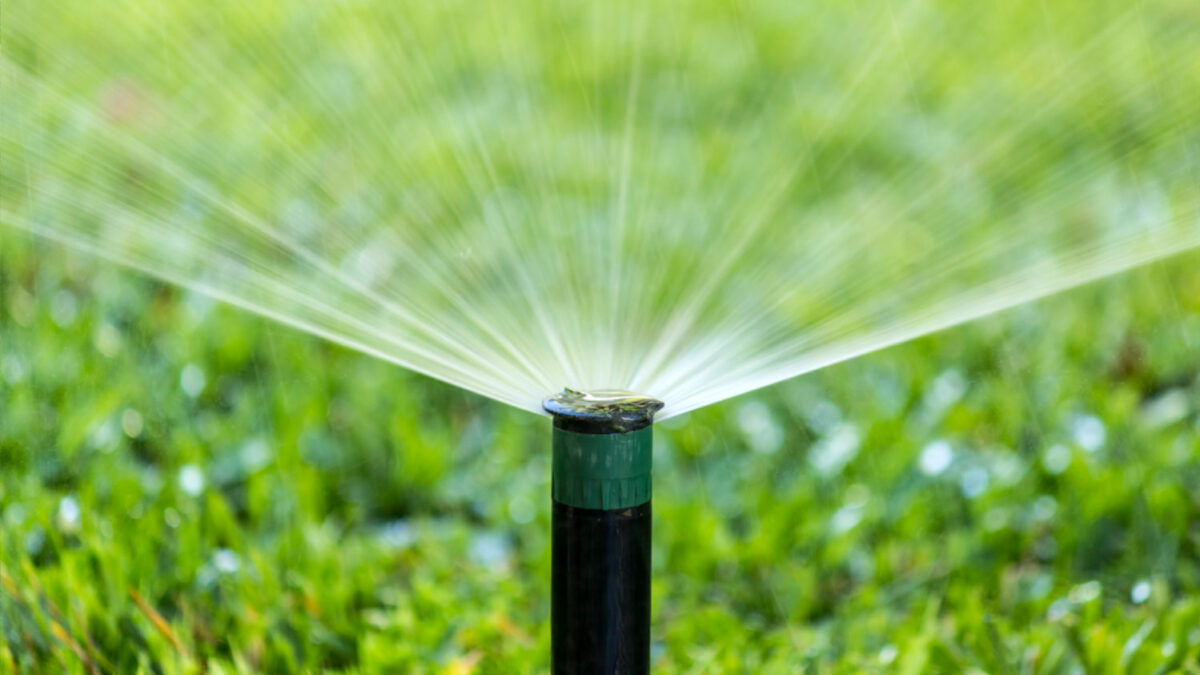Irrigation systems are essential for keeping lawns, gardens, and other landscapes healthy and green. However, over time, these systems can become damaged, leading to problems such as leaks, uneven watering, and plant death. If you suspect that your irrigation system may be damaged, there are a few signs you can look for.
Most common signs of damaged irrigation
- Dry patches. If you see dry patches of grass or plants in your yard, it could be a sign that your irrigation system is not watering those areas evenly. This could be due to a leak, a clogged sprinkler head, or a problem with the controller.
- Wet spots. If you see wet spots on your lawn or in your flower beds, it could be a sign of a leak in your irrigation system. Leaks can waste water and damage your plants.
- Higher water bills. If you notice that your water bill has gone up suddenly, it could be a sign that there is a leak in your irrigation system. Leaks can cause your water bill to increase significantly.
- Low water pressure. If you notice that the water pressure from your sprinklers is lower than usual, it could be a sign that there is a problem with your irrigation system. Low water pressure can be caused by a leak, a clogged filter, or a problem with the pump.
- Dead or dying plants. If you notice that some of your plants are starting to die, it could be a sign that your irrigation system is not watering them properly. This could be due to a leak, a clogged sprinkler head, or a problem with the controller.
- Mold, mildew, or fungus. If you see mold, mildew, or fungus growing on your lawn or in your flower beds, it could be a sign that your irrigation system is not watering your plants properly. This can happen if the plants are not getting enough water or if the water is not draining properly.
If you see any of these signs, it is important to have your irrigation system inspected by a professional. They will be able to identify the problem and recommend the best course of action for repair.
Additional tips
- Walk your yard regularly. This will help you to identify any dry patches, wet spots, or other problems.
- Check your water meter. If you see that your water usage has increased suddenly, it could be a sign of a leak.
- Listen for running water. If you hear running water when your irrigation system is not supposed to be running, it could be a sign of a leak.
- Inspect your sprinkler heads. Look for sprinkler heads that are not spraying water evenly, are leaking, or are clogged.
- Check your valves. Make sure that all of your valves are open and that they are not leaking.
By following these tips, you can help to keep your irrigation system in good working order and prevent damage to your plants.
How to Fix Damaged Irrigation
If you have identified a problem with your irrigation system, it is important to have it fixed as soon as possible. Leaks can waste water and damage your plants, and other problems can prevent your plants from getting the water they need.
The best way to fix a damaged irrigation system is to call a professional. They will be able to identify the problem and recommend the best course of action for repair.
In some cases, the problem may be a simple fix, such as a clogged sprinkler head or a faulty valve. In other cases, the problem may be more serious, such as a leak in an underground pipe.
The cost of repairing a damaged irrigation system will vary depending on the severity of the problem. However, in most cases, the cost of repair will be less than the cost of replacing the entire system.
By having your irrigation system repaired promptly, you can help to prevent further damage to your plants and save money on your water bill.
Conclusion
Irrigation systems are an essential part of keeping lawns, gardens, and other landscapes healthy and green. However, over time, these systems can become damaged, leading to problems such as leaks, uneven watering, and plant death.
By following the tips in this article, you can help to spot signs of damaged irrigation and have the problem fixed promptly. This will help to prevent further damage to your plants and save you money on your water bill.

